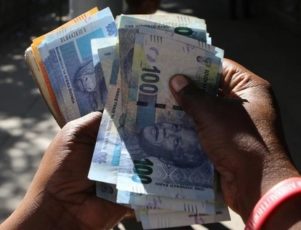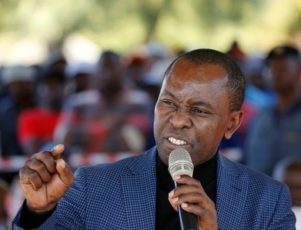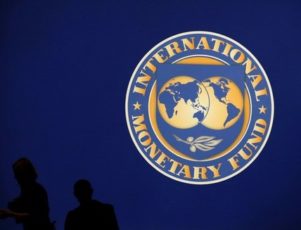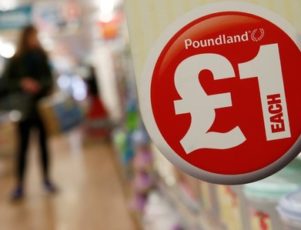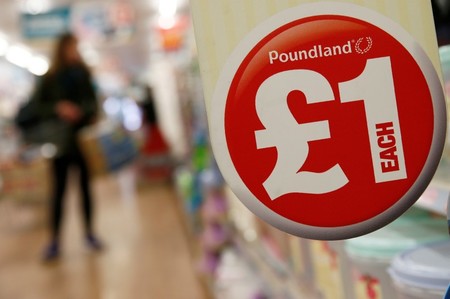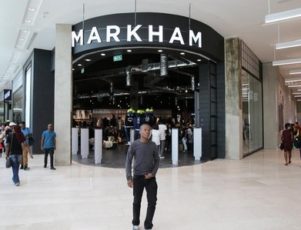By 2020, the African continent will have two times as many affluent consumers as the United Kingdom and companies should be preparing to market to this enormous group.
According to Boston Consulting Group (BCG), Africa will have twice as many affluent consumers as the United Kingdom by 2020. BCG predicts that Africa will have at least 1.1 billion consumers by 2020 (the current population of the continent is approximately 1.1 billion), more than the population of Europe and North America combined. Their latest report, “African Consumer Sentiment 2016: The Promise of New Markets,” provides marketing firms and corporations with the data they need to capitalize upon the increasing quantities of disposable income across the African continent.
The Numbers Game
Africa is home to nearly 15% of the world’s population–more than 1.1 billion individuals spread across more than 50 nations–while the United Kingdom has fewer than 65 million citizens, so this numerical growth in affluence should not come as a surprise. BCG defines a consumer as an individual between 18-75 years of age with a monthly income between $50 and $7,000 per month. The data for this report was compiled during 2015, when BCG polled more than 11,127 consumers across 11 African countries. Persons with no stated income, with no purchasing freedom (i.e. those who do not make purchasing decisions for their families) or those outside of the age brackets were not included in these face-to-face surveys. While this is likely the most complete data on consumers ever compiled, it should be noted it was created using data from less than one quarter of the continent’s countries.
Key Findings
During their study, BCG found that 88% of African consumers were optimistic about the future which “bodes well for the continent, because optimistic consumers are more inclined to buy.” BCG surveyed citizens in Algeria, Angola, Cote d’Ivoire, the Democratic Republic of the Congo (DRC), Egypt, Ethiopia, Ghana, Kenya, Morocco, Nigeria and South Africa and found that in the most affluent countries with the highest proportions of disposable income (Egypt and Morocco), citizens are more interested in spending on “luxury” items such as bath and beauty products, large appliances, vehicles, clothing and electronics, while those in countries with the lowest financial security (Angola, South Africa, the DRC, and Cote d’Ivoire) are less able to purchase big ticket and luxury items.
BCG helpfully noted that even in financially insecure markets, “certain products–like mobile phones–are a greater priority than food,” highlighting the potential for a wide range of multinational corporations to profit from the growing consumer population.

South African youth on mobile internet
The vast majority of Africans access the internet through their phones (as opposed to through laptops or desktops), meaning that mobile phone producers stand a good chance to make a name in this market. BCG found that Africans have a strong sense of what can be considered brand loyalty: brand names play an important role in African society, and “social approval of a brand is an increasingly strong influence on purchasing decisions,” although this has decreased slightly from a similar study done in 2013. Brands are most important in electronic purchases (such as mobile phones or mobile music players) and less important in clothing and shoe purchases.
Following the Flock
Perhaps predictably, younger consumers are more influenced by the opinions of their peers while older consumers are more influenced by their spouses or partners: 59% of Moroccans ages 35-44 said their purchases are influenced by spouses while 31% of Moroccan adults 25-34 agreed (this should not be considered surprising, as those in a higher age bracket are more likely to be partnered or married) while conversely, in South Africa, just 13% of adults 35-44 said their purchases are influenced by friends while 33% of 18-24 year old South Africans agreed.
As well as mapping consumer habits, BCG also researched the most effective ways to attract consumers through advertising. Television was the most influential advertising channel overall (as opposed to radio, newspaper ads, the internet or social media), but other forms were significantly successful in various countries. In Ghana, consumers reported being influenced by radio ads, in Nigeria by online advertising and Egyptians by newspaper ads and billboards. These differing results suggest that advertisers need to know their markets in order to attract the maximum number of consumers. One size certainly does not fit all, particularly when discussing a 1.1 billion people in more than 50 countries.
The Time is Now
As optimism and disposable income increase across Africa, citizens are more likely to become major players in the global consumer culture. Corporations should pay attention to their markets and create specific, targeted advertising schemes if they wish to profit off of this growing market.


